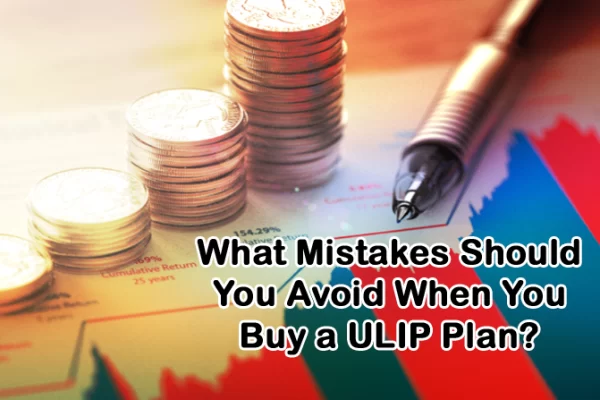If you have been looking to invest in an Initial Public Offering (IPO), then there is a good chance that you might not fully understand all of the steps involved. One part of the process that will likely be new to most investors and many people don’t fully understand is proof of interestinterest. This refers to a statement made by bidders when they enter IPO bids.
Bidders for an IPO can request proof of their bid price. This is called a ‘proof of interest’. A proof of interest will help bidders determine how much they have to pay for the shares that are being offered.
Proof of interest is usually requested by underwriters or security dealers responsible for distributing the IPO shares to bidders. They request these proofs to get a sense of whether there is too much demand for the offering, not enough demand, or in some cases, no interest at all.
Table of Contents
How does it work?
It’s relatively simple: when placing your IPO bid, you will be asked if you want to sign a proof-of-interest statement. This means that your interest was severe enough for you to make this statement.
However, it does not mean that you are granted automatic access to the deal or are guaranteed to be able to purchase shares. It is simply a way for the issuer to see how serious you are about getting into the deal, and it gives them an idea of just how big of a stake you will take if your bid falls through for some reason.
Keep in mind that this statement does not need to be signed under any specific legal agreement or contract, so its primary purpose is just to protect the issuer. Similar statements are made by bidders when they want to make bids on Government bonds.
Such statements are accepted as proof that interest exists without obligating anyone signatory to buy or sell securities at any particular time. Similarly, signing a proof-of-interest statement with an issuer should not be construed as a commitment to buy nor a guarantee of being able to buy shares.
However, when you place your bid, be sure that you do not choose the option marked as ‘decline.’ This option is only available if you want to tell the issuer that this statement does not apply to your IPO bids. Choosing this option makes no sense if you are interested in getting into the deal, and it could allow other bidders who have already signed a proof-of-interest statement to purchase all of the shares instead.
Why signing a proof-of-interest statement can be beneficial?
If your IPO bid fails for some reason, then having made such a statement will give your interest added weight next time around, which might increase your chances of bidding on future IPOs.
Conversely, not signing a proof-of-interest statement can be helpful if you aren’t sure whether or not you will end up making an offer on the IPO. If this is the case, staying silent could allow you to back out later without penalties.
Also, keep in mind that signing one does not guarantee that you will receive shares. It simply shows your interest in buying them should they become available.
If there are not enough IPO shares for everyone who signed the proof-of-interest statement, then the chances are high that some of those people wouldn’t have made bids anyway (for example, individuals trying to get part of the initial offering only plan to buy just one share).
Should you sign a proof-of-interest statement?
The answer largely depends on just how badly you want to get your hands on the shares and whether or not you plan to go through with making a bid. If you are just curious about an IPO and would like first dibs should it become available, then signing such a statement could help you obtain those rights without committing to anything.
Bottom Line
New investors and beginners who wants to trade in forex, stocks or IPOs, shold use a reliable and reputable online broker from Saxo Bank. For more information, get it here.











